Often called the “cradle of Western civilization,” Greece is rightfully so. With a millennium-long history, its historical landmarks are intricately linked to its cultural character. These locations, which preserve Greece’s rich legacy and shape its contemporary character, range from the majestic Acropolis in Athens to the historic ruins of Delphi.
Table of Contents
Ancient Greece: The Birthplace of Civilization

Ancient Greece laid the foundation for Western philosophy, democracy, and artistic expression. The country’s historical sites not only tell the story of these achievements but also help modern Greeks connect with their ancestors. Sites such as the Parthenon and the ruins of Olympia are living testaments to Greece’s past, reminding the world of its contributions to human civilization.
The Acropolis of Athens: A Symbol of Greek Heritage
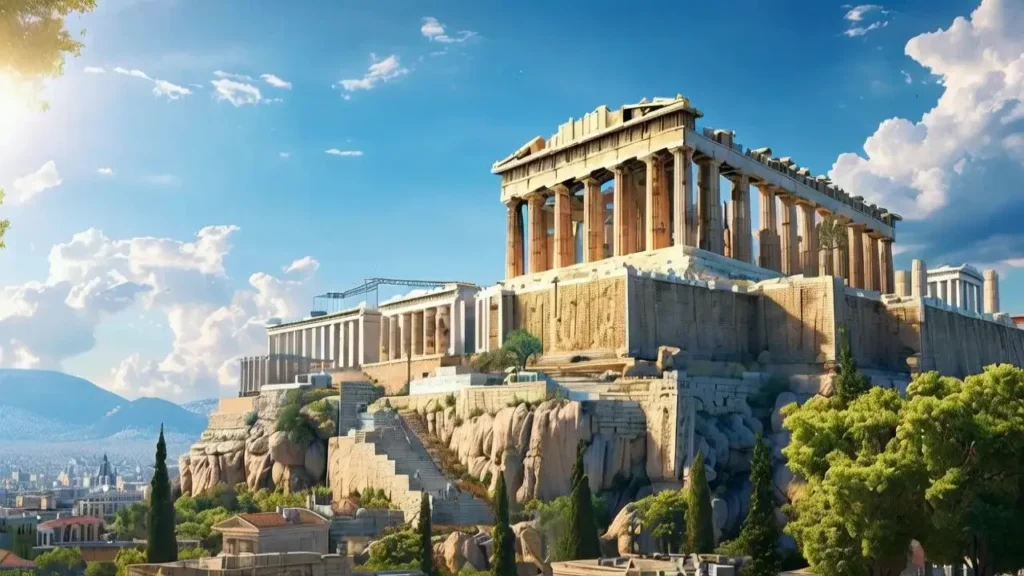
Perhaps the most famous of all Greek historical sites, the Acropolis stands as a beacon of Greek identity. Built in the 5th century BCE, it houses the Parthenon, a temple dedicated to Athena, the city’s patron goddess. The Acropolis symbolizes Greece’s commitment to democracy, art, and philosophy, attracting millions of visitors each year.
Delphi: The Center of the Ancient World

Delphi was believed to be the center of the world in Greek mythology. Home to the Oracle of Apollo, this site played a crucial role in political and religious decisions in ancient Greece. Leaders from various city-states consulted the Oracle before making important choices, reinforcing the site’s influence on Greek cultural identity.
Olympia: The Birthplace of the Olympic Games
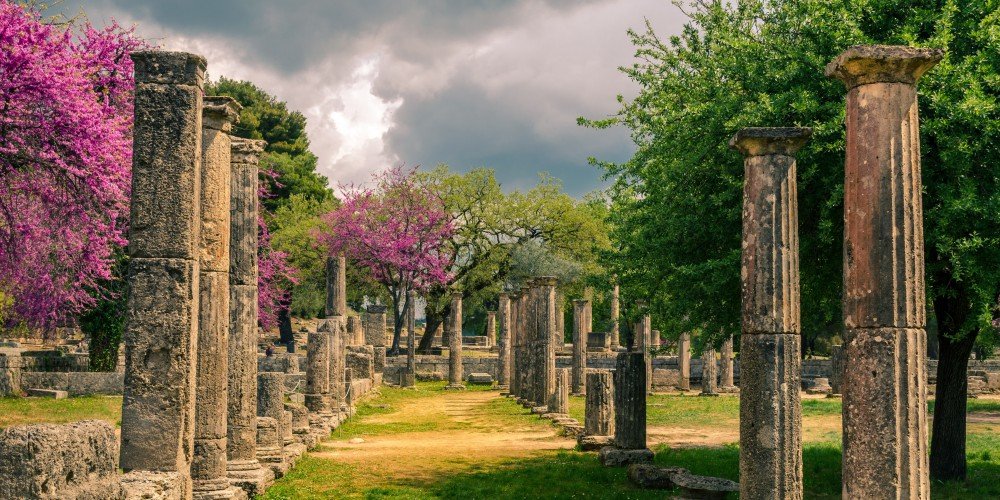
The ancient Olympic Games, first held in 776 BCE, were more than just a sporting event. They were a unifying force among Greek city-states, promoting values of honor, excellence, and competition. The ruins of Olympia, with its temples and stadium, remind modern Greeks of their nation’s long-standing athletic traditions.
Knossos and the Minoan Civilization
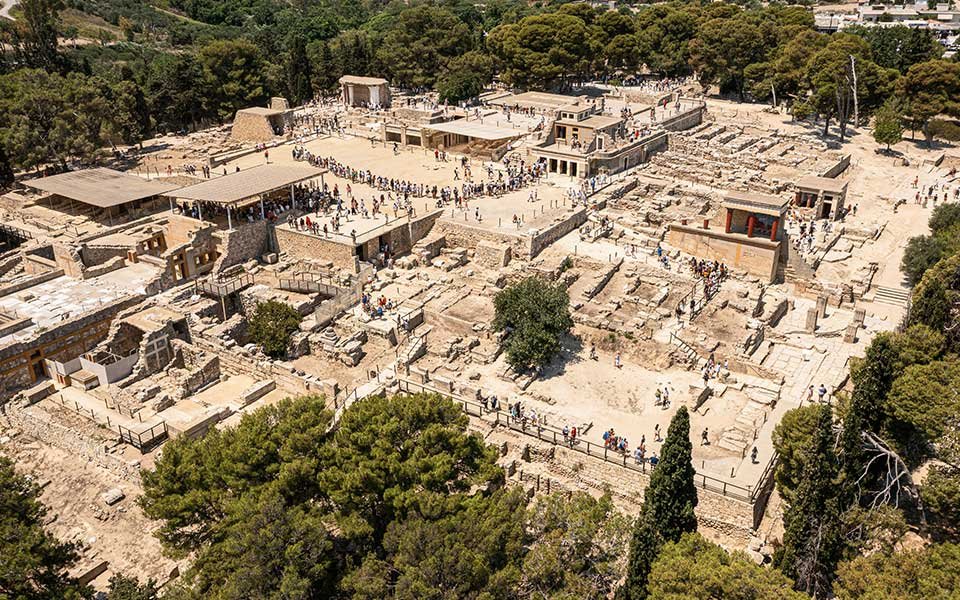
Located on the island of Crete, Knossos is Europe’s oldest city and a key site in understanding the Minoan civilization. The grand palace, with its colorful frescoes and labyrinthine corridors, tells the story of a sophisticated society that laid the groundwork for Greek culture.
Meteora: The Sacred Monasteries in the Sky
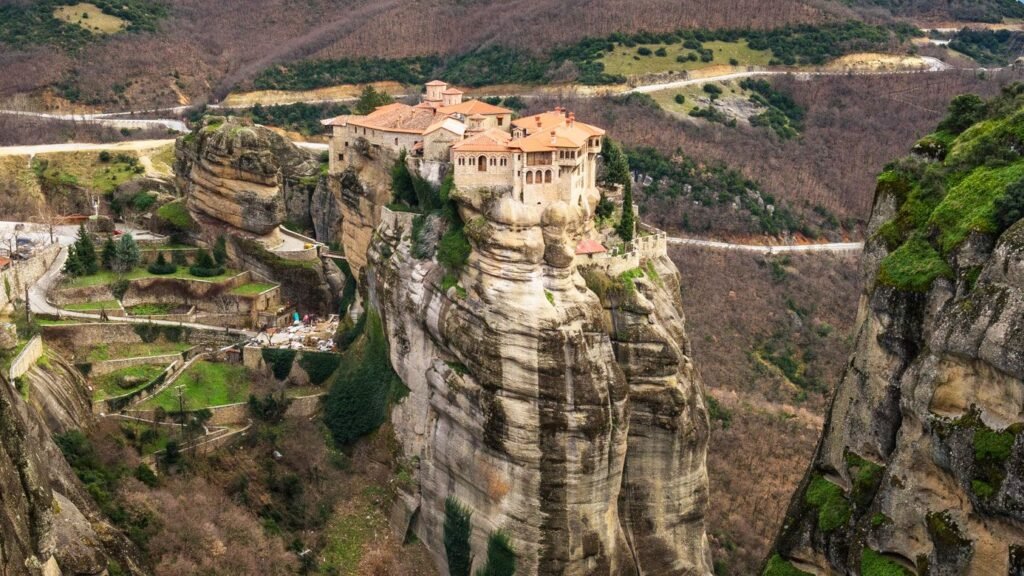
The monasteries of Meteora, built on towering rock formations, are a striking example of Greece’s religious devotion. These monasteries, established by monks seeking solitude and spiritual enlightenment, continue to be a significant cultural and spiritual landmark.
Epidaurus: The Marvel of Ancient Theater
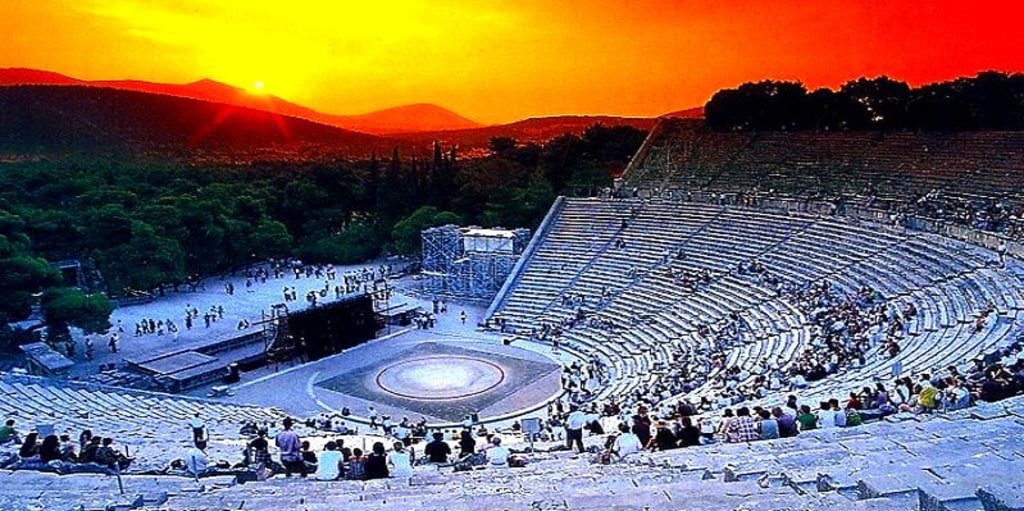
The ancient theater of Epidaurus is renowned for its perfect acoustics and architectural excellence. Greek drama, an essential part of Greek identity, was performed here, influencing theater worldwide. Even today, performances held at Epidaurus connect modern Greeks to their ancestors’ artistic traditions.
Mycenae: The Kingdom of Agamemnon
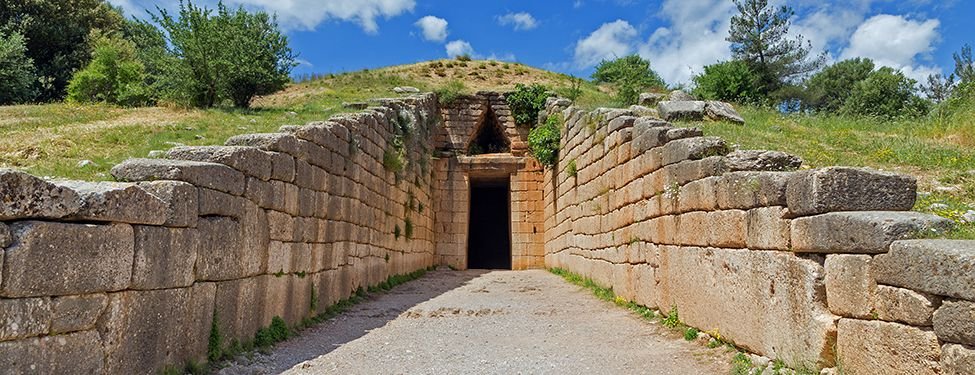
Mycenae, the legendary home of King Agamemnon, played a pivotal role in Greek mythology, especially in the tales of the Trojan War. The Lion’s Gate and the royal tombs reveal the power and sophistication of the Mycenaean civilization, linking Greece to its heroic past.
Vergina: The Tomb of Alexander the Great’s Father
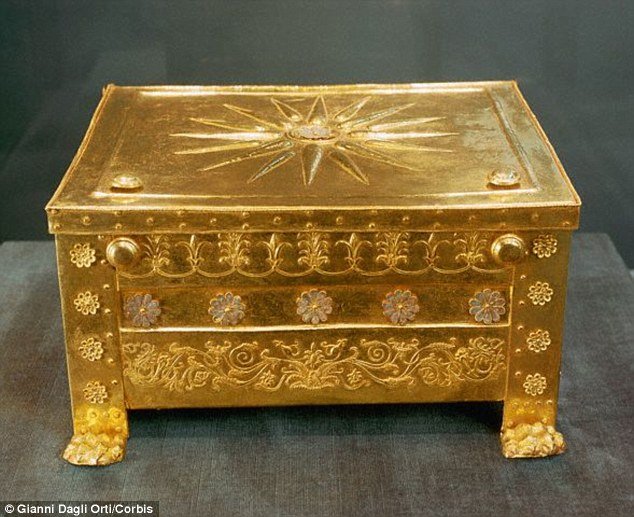
The discovery of King Philip II’s tomb in Vergina was a groundbreaking archaeological find. It highlighted the strength of the Macedonian kingdom and its impact on Greek history. This site remains a symbol of Greek pride and historical continuity.
Byzantine and Ottoman Influence on Greece’s Cultural Identity
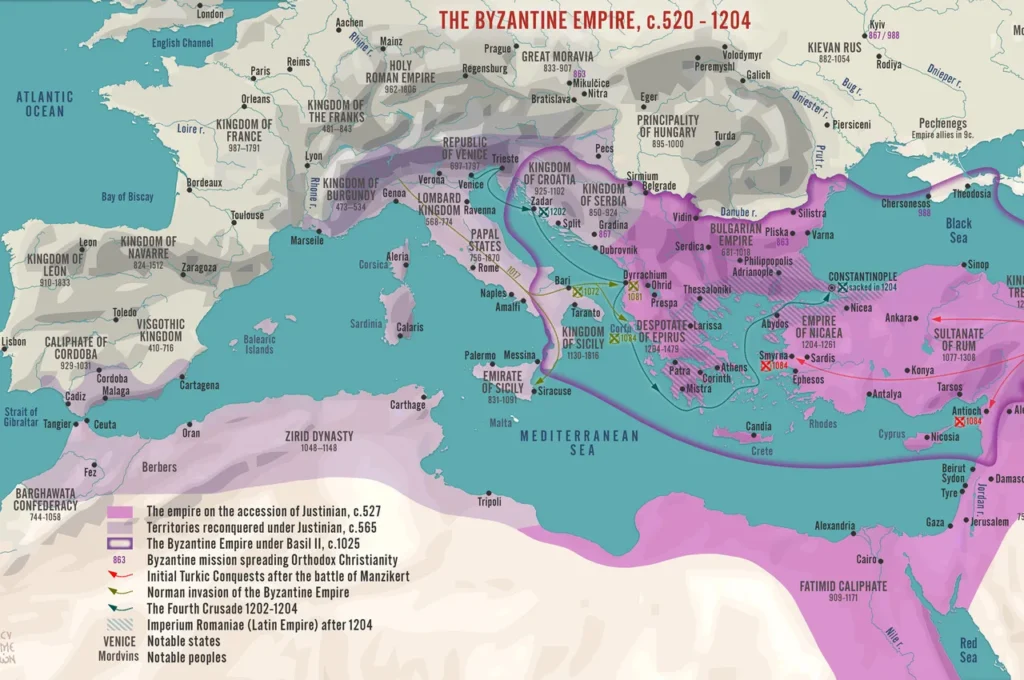
Beyond ancient Greece, the country’s cultural identity has been shaped by Byzantine and Ottoman influences. Byzantine churches, adorned with intricate mosaics, reflect Greece’s deep Christian heritage, while Ottoman-era structures serve as reminders of a complex historical period.
The Role of Historical Sites in Modern Greek Nationalism
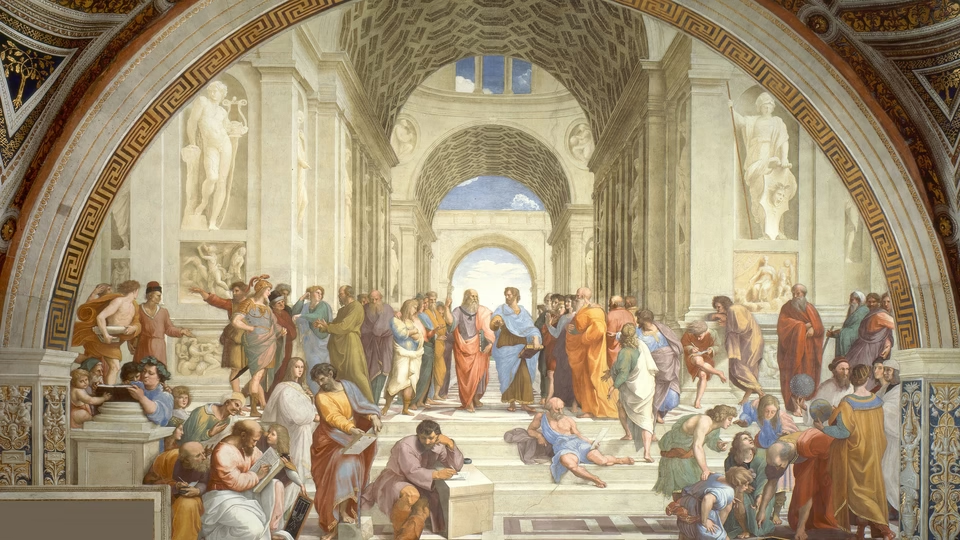
During the Greek War of Independence (1821-1830), historical sites played a symbolic role in fostering national unity. Monuments like the Acropolis became rallying points for freedom, and today, they continue to inspire Greek patriotism.
Tourism and Economy: The Impact of Greece’s Historical Sites
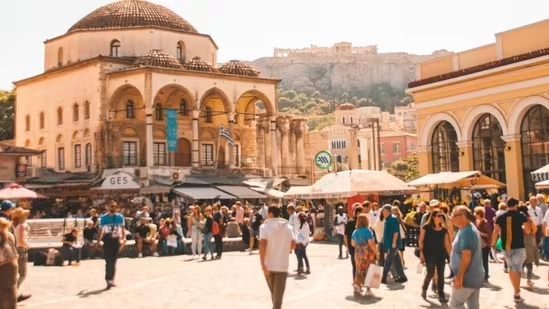
Greece’s historical sites are not just cultural treasures; they are also economic assets. Tourism is a major industry, drawing millions of visitors eager to experience Greece’s past. However, preservation challenges, such as pollution and overcrowding, threaten these sites. Efforts must be made to protect them for future generations.
UNESCO World Heritage Sites in Greece
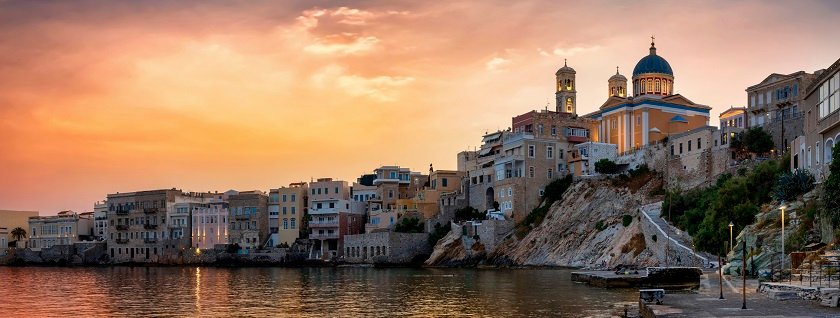
Greece boasts numerous UNESCO-listed sites, including the Acropolis, Meteora, and Delphi. These designations highlight the global importance of Greece’s historical landmarks and the need for their preservation.
Conclusion
Greece’s historical sites are more than just ancient ruins; they are the foundation of its cultural identity. These landmarks tell the story of a civilization that shaped the world, and they continue to inspire Greeks today. Preserving these sites is essential to maintaining Greece’s rich heritage for future generations.




